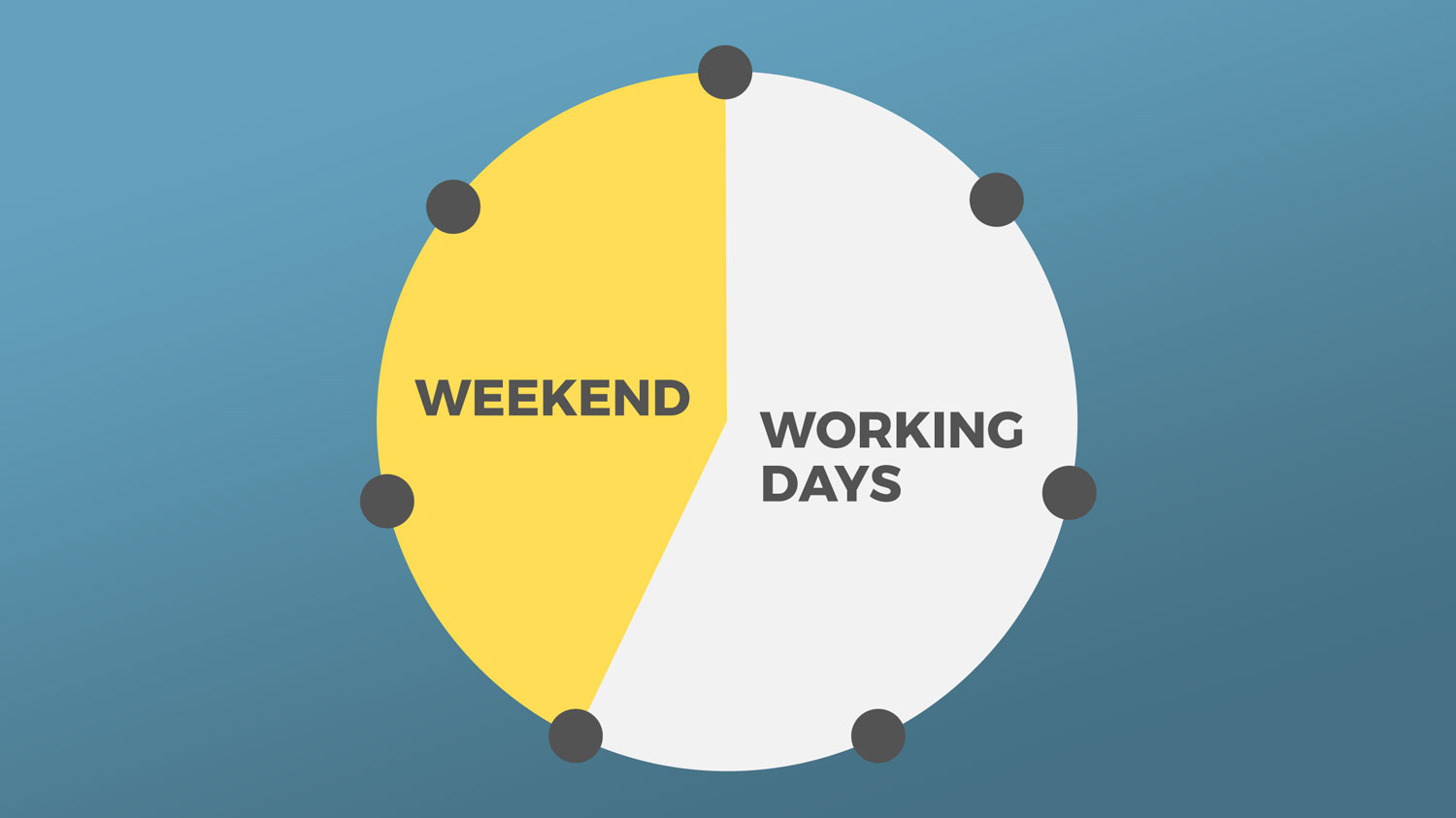
Four-day week pilot: the results are in!
New research shows that results from the world’s largest trial of a four-day week are largely consistent with existing global evidence, further demonstrating the benefits of reduced-hour, output-focused working.
The pilot program – conducted in the UK by non-profit 4 Day Week Global, the UK’s 4 Day Week Campaign and think-tank Autonomy – guided over 60 companies and almost 3,000 workers through a six-month trial of a four-day week, with no loss of pay for workers. This brings the global campaign’s total number of completed pilot participants to 91 companies and approximately 3,500 employees.
Overall, results show that almost every organisation will stick to a four-day week post-trial, with 91% definitely continuing or planning to continue, and a further 4% leaning towards continuing. Only 4% of participants are definitely not continuing.
Companies rated their overall experience of the trials an average of 8.5/10, with business productivity and business performance each scoring 7.5/10. Revenue rose by 35% over the trial periods when compared to similar periods from the previous year, and hiring increased while absenteeism decreased.
The health and wellbeing of employees also improved, with significant increases observed in physical and mental health, time spent exercising, and overall life and job satisfaction. Rates of stress, burnout and fatigue all fell, while problems with sleep declined.
Environmental outcomes were also encouraging, with commuting time falling across the full sample by a half hour per week.
Lead researcher, Professor Juliet Schor of Boston College observed an encouraging consistency in the data:
“Results are largely steady across workplaces of varying sizes, demonstrating this is an innovation which works for many types of organisation. There are also some interesting differences. We found that employees in non-profits and professional services had a larger average increase in time spent exercising, while those in construction/manufacturing enjoyed the largest reductions in burnout and sleep problems."
Behavioural scientist and new CEO of 4 Day Week Global, Dr Dale Whelehan explained the sample produced interesting differences in gender outcomes:
“While both men and women benefit from a four-day week, women’s experience is generally better. This is the case for burnout, life and job satisfaction, mental health and reduced commuting time. Encouragingly, the burden of non-work duties appears to be balancing out, with more men taking on a greater share of housework and childcare."
Co-founder and Managing Director of 4 Day Week Global, Charlotte Lockhart looked to what’s ahead:
“Our team is delighted to be expanding the arguments in favour of a four-day week today with this new world-class academic research, and we look forward to adding our Australasian pilot results to this data set in the coming weeks and our European, South African, Brazilian and North American results in the coming months."
Responding to the findings, Peter Cheese, Chief Executive at the CIPD, the professional body for HR and people development said:
“It’s fantastic to see companies exploring different patterns and ways of working as we navigate a changing world of work. This pilot has shown the potential organisations have to rewrite the rules on working norms across different roles and sectors, and create better balance of working lives for their people whilst maintaining business output and outcomes. At this stage there is no ‘one size fits all’ and the reality is we’re some way away from four-day weeks becoming widespread. Our recent CIPD research found just one in three companies expect it to be the reality for most UK workers in the next ten years.
“However, this pilot has shown the willingness to innovate and that the four-day week could be a valuable option to improve work-life balance and retain and attract people. The challenge will be in ensuring fairness, making sure people aren’t overworked on the days they are working, and ensuring productivity can be matched or bettered by working fewer hours. This will mean organisations understanding the people management practices and investments in technology that together will enable employees to work smarter rather than harder.
“The four-day week could well become our collective norm but there are still many things to be worked through, and throughout this debate there must be a clear focus on creating jobs and work that are good for people. This is the time to ensure that flexible working in all its forms is being explored, and that wellbeing and inclusion are key considerations alongside productivity and outputs.”
Download the full results summary here.





